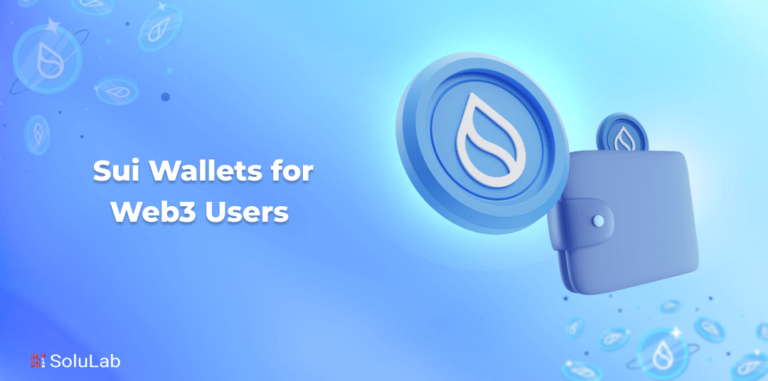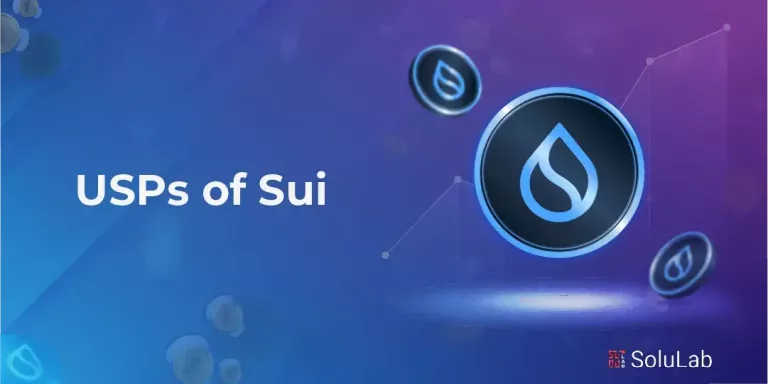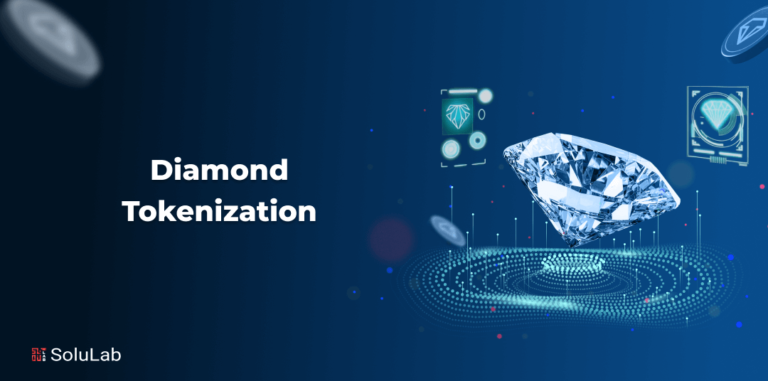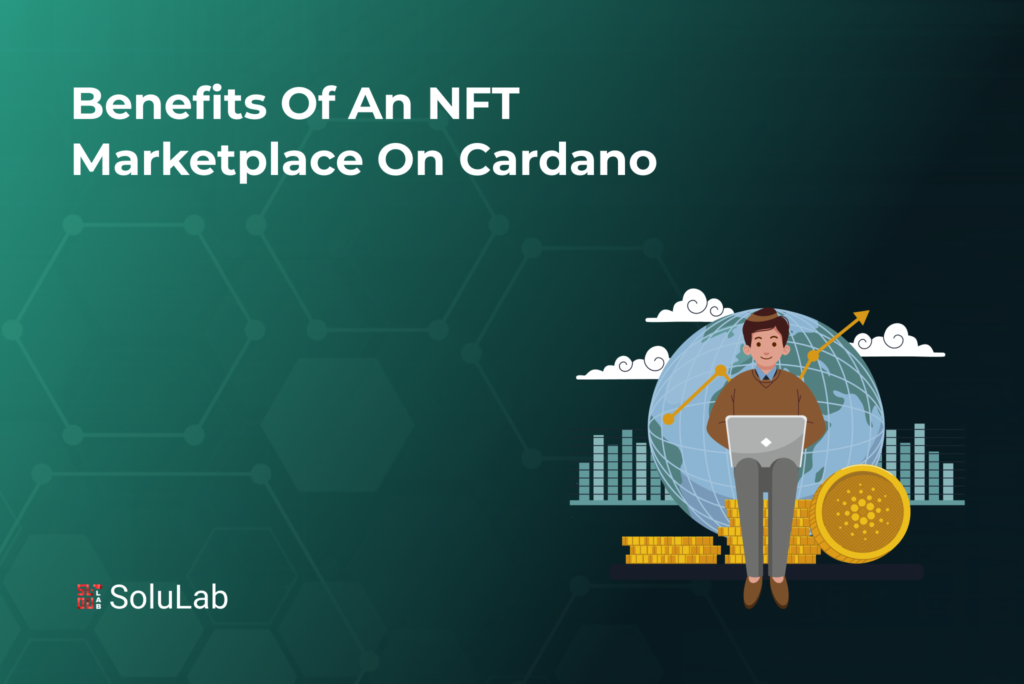
The rise of Non-Fungible Tokens (NFTs) has taken the digital world by storm, offering a unique way to buy, sell, and own digital assets. As the demand for NFTs continues to grow, various blockchain networks have emerged to support this booming industry. One such network gaining attention is Cardano, a third-generation blockchain platform known for its scalability, security, and sustainability.
One significant advantage of building an NFT marketplace on Cardano is the network’s scalability. Cardano utilizes a unique architecture that separates the settlement layer from the computation layer, allowing for greater scalability and improved transaction throughput. This scalability ensures that the marketplace can handle a large number of transactions, even during periods of high demand. As the NFT market continues to expand, having a scalable infrastructure becomes crucial to providing a seamless experience for creators, collectors, and traders within the marketplace.
Cardano’s focus on security and smart contract functionality also makes it an ideal choice for NFT marketplaces. Cardano employs a rigorous peer-reviewed approach to development, ensuring that its smart contracts are secure and reliable. This robustness is critical in the NFT space, where digital assets hold significant value. By building an NFT marketplace on Cardano, creators, and collectors can have peace of mind knowing that their assets are protected by a highly secure and audited blockchain network. In this blog, we will explore the advantages of creating an NFT marketplace on Cardano and how it can revolutionize the NFT ecosystem.
What are NFT Marketplaces?
NFT (Non-Fungible Token) marketplaces have emerged as the go-to platforms for buying, selling, and trading digital assets in the form of NFTs. These marketplaces provide a centralized hub where creators, collectors, and enthusiasts can connect, discover, and engage with a wide range of unique digital items. Here’s a closer look at what NFT marketplaces are and how they function:
-
Hub for Buying and Selling NFTs
NFT marketplaces serve as virtual marketplaces where individuals can buy and sell NFTs. These platforms bring together creators and collectors, offering a wide variety of digital assets such as artwork, virtual real estate, music, videos, virtual identities, collectibles, and more.
Creators can mint and list their NFTs for sale, while buyers can browse through the marketplace, discover new and unique creations, and make purchases directly from the platform. NFT marketplaces facilitate secure transactions and provide a user-friendly interface for seamless buying and selling experiences.
-
Discover and Explore Unique Digital Assets
NFT marketplaces act as a hub for discovering and exploring a diverse range of unique digital assets. Users can browse through various categories, collections, and trending NFTs to find items that align with their interests and preferences.
The marketplaces often include search filters, sorting options, and curated collections to help users navigate the extensive inventory of NFTs. By exploring these marketplaces, individuals can immerse themselves in a world of creativity, innovation, and digital art, discovering hidden gems and connecting with talented creators.
Read Our Blog Post: How to Build an NFT Marketplace on Ethereum Blockchain?
-
Community and Engagement
NFT marketplaces foster a vibrant community of creators, collectors, and enthusiasts. Users can engage with one another, follow their favorite artists, join discussions, and participate in auctions or sales. The marketplace acts as a social platform, enabling users to connect with like-minded individuals who share a passion for digital art and collectibles.
This community-driven aspect adds depth and interactivity to the NFT ecosystem, allowing for collaborations, support, and shared experiences among users. NFT marketplaces often provide tools for creators and collectors to showcase their collections, share updates, and interact with their audience.
-
Secondary Market and Royalties
In addition to facilitating primary sales, many NFT marketplaces also host secondary markets where users can trade previously purchased NFTs. These secondary markets allow individuals to sell or resell their NFTs to other collectors, often at different price points based on supply and demand dynamics.
Furthermore, some marketplaces incorporate royalty mechanisms, ensuring that creators continue to earn royalties every time their NFTs are sold in the secondary market. This feature provides ongoing revenue opportunities for creators and adds value to NFT ownership.
-
Wallet Integration and Blockchain Compatibility
NFT marketplaces integrate with digital wallets that support the respective blockchain network on which the NFTs are minted. These wallets enable users to securely store, manage, and transact their NFTs.
Marketplaces typically support popular blockchain networks like Ethereum, but with the emergence of top blockchain platforms like Cardano and Flow, marketplaces are expanding their compatibility to accommodate a broader range of NFTs and provide users with more options for participating in the NFT ecosystem.
What are the Benefits of Using Cardano NFT Marketplace?
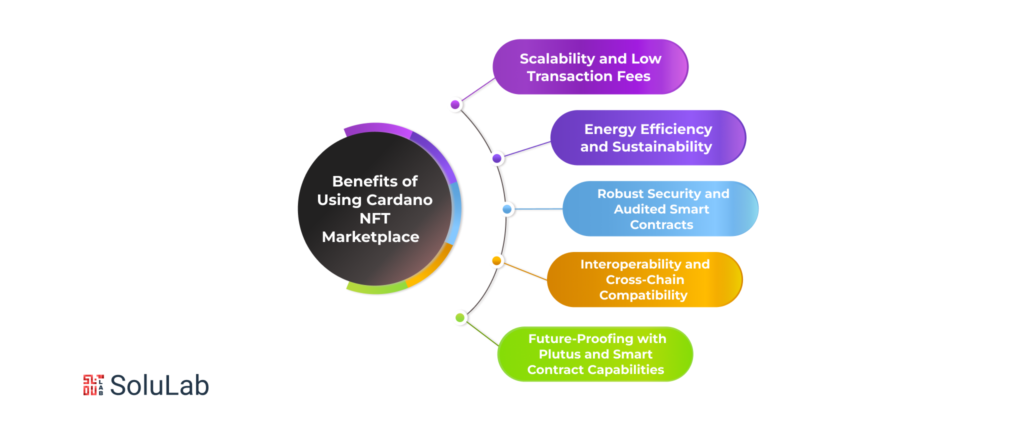
Using the best Cardano NFT marketplace offers a range of benefits that set it apart from other platforms. Cardano, a third-generation blockchain known for its scalability, security, and sustainability, provides a solid foundation for NFT marketplaces to thrive. Here are some key advantages of utilizing a Cardano NFT marketplace:
-
Scalability and Low Transaction Fees
Cardano’s architecture separates the settlement layer from the computation layer, enabling high scalability and low transaction fees. This scalability ensures that the best Cardano NFT marketplace can handle a large volume of transactions, even during periods of high demand. Users can enjoy a smooth and seamless experience when buying, selling, or trading NFTs, without experiencing delays or exorbitant fees.
-
Energy Efficiency and Sustainability
Cardano’s proof-of-stake (PoS) consensus algorithm, called Ouroboros, makes it highly energy-efficient and environmentally friendly. Unlike networks that rely on energy-intensive proof-of-work (PoW) mechanisms, Cardano’s PoS consumes significantly less electricity. This commitment to sustainability is crucial in the NFT space, where concerns about the environmental impact of blockchain networks have been raised. By using the best Cardano NFT marketplace, creators and collectors can participate in the NFT ecosystem while minimizing their carbon footprint.
-
Robust Security and Audited Smart Contracts
Cardano places a strong emphasis on security and reliability. Its development process involves rigorous peer-reviewed research and auditing. As a result, Cardano’s smart contracts are designed to be highly secure and resistant to vulnerabilities. By utilizing the best Cardano NFT marketplace, creators and collectors can have confidence in the safety of their transactions and the protection of their digital assets. This enhanced security ensures the integrity of the NFT marketplace and builds trust among users.
-
Interoperability and Cross-Chain Compatibility
Cardano has a vision for cross-chain compatibility, allowing assets and applications to seamlessly interact with other blockchain networks. This interoperability opens up opportunities for the best Cardano NFT marketplaces to connect with NFTs and assets from other blockchains, expanding the possibilities for creators and collectors. The ability to integrate and interact with multiple blockchain networks enhances the liquidity and accessibility of NFTs within the Cardano ecosystem.
Read Also: Solana NFT Marketplace: How to build your own NFT Marketplace on Solana
-
Future-Proofing with Plutus and Smart Contract Capabilities
Cardano’s upcoming upgrade, known as the Alonzo upgrade, will introduce smart contract capabilities through the Plutus platform. This upgrade will unlock a new era of advanced features and functionalities for the best Cardano NFT marketplaces. Smart contracts will allow for more complex transactions, unique royalties structures, and interactive experiences within the marketplace. By utilizing a Cardano NFT marketplace, creators and collectors can position themselves at the forefront of innovation and take advantage of these upcoming capabilities.
How to Launch Your Best Cardano NFT Marketplace?
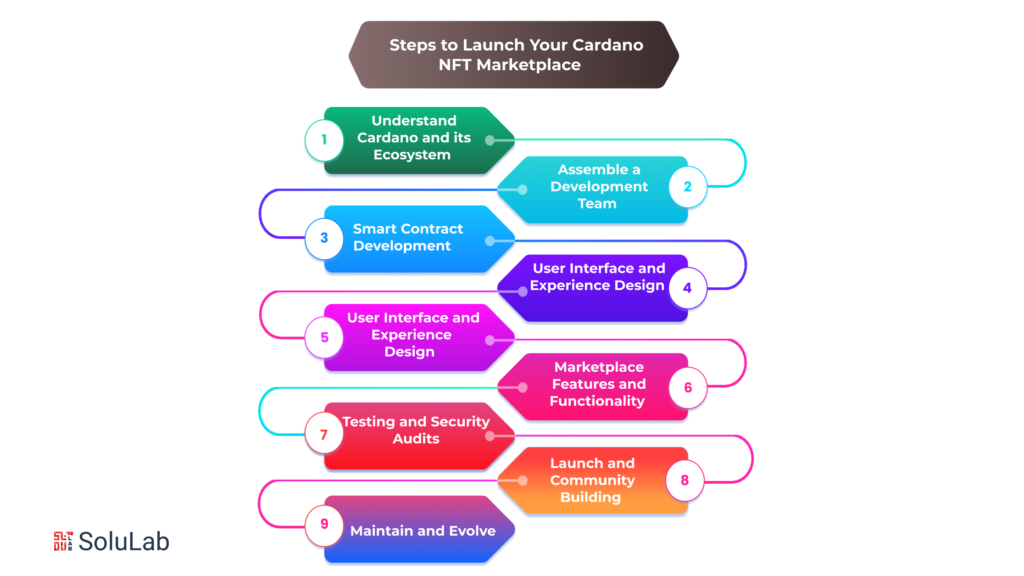
Launching your best Cardano NFT marketplace can be an exciting endeavor that allows you to tap into the growing demand for unique digital assets. Here is a step-by-step guide on how to launch your Cardano NFT marketplace:
1. Define your NFT Marketplace Concept
Before diving into the technical aspects, it’s essential to define your NFT marketplace concept. Determine the target audience, the type of NFTs you want to support (art, collectibles, virtual real estate, etc.), and any unique features or value propositions you want to offer. Having a clear vision will guide the development process and help you differentiate your marketplace in a competitive landscape.
2. Understand Cardano and its Ecosystem
To launch the best Cardano NFT marketplace, you must have a solid understanding of the Cardano blockchain and its ecosystem. Familiarize yourself with the Cardano whitepaper, research the network’s capabilities, and explore existing Cardano NFT projects. This knowledge will provide insights into the possibilities and technical requirements for building your marketplace.
3. Assemble a Development Team
Building a Cardano NFT marketplace requires technical expertise. Assemble a skilled development team or consider partnering with a reputable blockchain development company experienced in Cardano. Ensure that your team has the necessary skills in smart contract development, blockchain integration, and frontend and backend development to bring your marketplace to life.
4. Smart Contract Development
Cardano’s smart contract capabilities are introduced through the Plutus platform. Work with your development team to design and develop smart contracts that will govern the minting, listing, selling, and trading of NFTs on your marketplace. Ensure that the smart contracts are secure, audited, and aligned with industry standards to protect users’ assets and transactions.
5. User Interface and Experience Design
Create an intuitive and visually appealing user interface (UI) for your marketplace. Consider the user journey, ease of navigation, and a visually engaging design that showcases NFTs effectively. Collaborate with UX/UI designers to ensure that the marketplace offers a seamless and enjoyable experience for creators, collectors, and users.
6. Marketplace Features and Functionality
Define the features and functionality of your best Cardano NFT marketplace. Consider essential elements such as NFT minting, listing, buying, selling, bidding, wallet integration, search and filtering options, social features, and community engagement tools. Additionally, think about any unique features you want to offer, such as royalties management, exclusive collections, or gamification elements.
7. Testing and Security Audits
Thoroughly test your marketplace to ensure it functions as intended and provides a secure environment for users. Conduct extensive testing to identify and fix any bugs or vulnerabilities. Consider engaging security auditors to review your smart contracts and overall marketplace security to safeguard users’ assets and transactions.
8. Launch and Community Building
Once your best Cardano NFT marketplace is fully developed, tested, and audited, it’s time to launch! Generate buzz and awareness through marketing efforts, social media campaigns, partnerships, and collaborations. Engage with the Cardano community, showcase your marketplace, and gather feedback to continuously improve and enhance the user experience.
9. Maintain and Evolve
Launching your marketplace is just the beginning. Commit to ongoing maintenance, updates, and improvements to ensure a smooth user experience, address any issues, and introduce new features.
What is the Cost of Developing an NFT Marketplace on Cardano?
The cost of developing an NFT marketplace on Cardano can vary depending on various factors, including the complexity of the marketplace, desired features and functionalities, design requirements, development resources, and timeline. Here’s a breakdown of the different aspects that can impact the cost of developing an NFT marketplace on Cardano:
-
Development Team and Resources
The cost of building an NFT marketplace on Cardano includes hiring a skilled development team or partnering with a reputable blockchain development company. The size and expertise of the team, along with the location and hourly rates, will influence the overall cost. Additionally, the resources required, such as project managers, designers, front-end and back-end developers, quality assurance engineers, and security auditors, will contribute to the development cost.
-
Smart Contract Development
Developing secure and audited smart contracts is a critical aspect of an NFT marketplace on Cardano. The complexity and functionality of smart contracts, such as minting, listing, buying, selling, bidding, royalties management, and integration with Cardano’s blockchain, will impact the development cost. Experienced blockchain developers will ensure that smart contracts are robust, scalable, and align with industry standards.
-
User Interface and Experience Design
Creating an intuitive and visually appealing user interface (UI) for your best Cardano NFT marketplace is crucial for a seamless user experience. The cost will depend on the complexity of the design, the number of screens, custom graphics, animations, and overall UI/UX requirements. Collaborating with experienced designers who understand NFT marketplace design principles will contribute to the overall cost.
Read Also: Metaverse NFT – Foundation Of Next Blockchain Revolution!
-
Features and Functionality
The cost of developing features and functionalities for your NFT marketplace on Cardano will depend on your specific requirements. Consider factors such as user registration, wallet integration, search, and filtering options, social features, community engagement tools, and any unique features you want to offer. The complexity and number of features, along with the development time required, will impact the overall cost.
-
Testing and Security Audits
Thorough testing and security audits are essential to ensure the functionality and security of your best Cardano NFT marketplace. The cost will depend on the scope of testing, including unit testing, integration testing, end-to-end testing, and security audits. Engaging third-party auditors for comprehensive security audits will contribute to the overall cost but is vital for maintaining the integrity and protection of the marketplace.
-
Ongoing Support and Maintenance
Launching an NFT marketplace is just the beginning, and ongoing support and maintenance are necessary to address any issues, introduce updates, and ensure the marketplace operates smoothly. The cost will depend on the level of support required, including bug fixes, feature enhancements, scalability improvements, and overall maintenance.
How to Launch Your NFT Marketplace on Cardano with SoluLab?
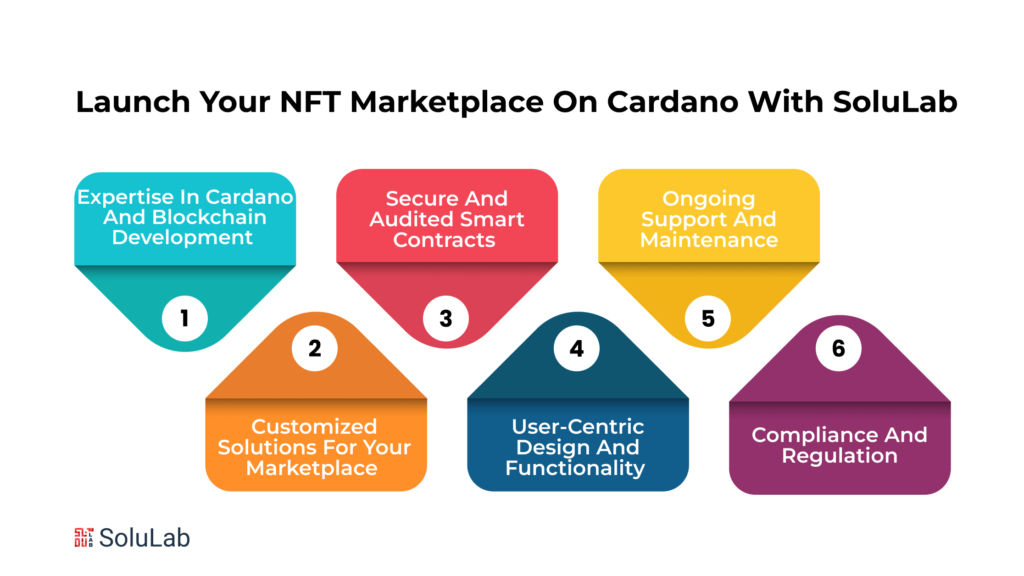
Launching your NFT marketplace on Cardano can be a complex process, but partnering with a reputable blockchain development company like SoluLab can make the journey smoother and more successful. SoluLab is an experienced and innovative company that specializes in blockchain development, including Cardano. Here’s how SoluLab can help you launch your NFT marketplace on Cardano:
1. Expertise in Cardano and Blockchain Development
SoluLab has a team of skilled blockchain developers who possess deep knowledge and expertise in Cardano and its ecosystem. They stay updated with the latest advancements in Cardano’s technology, smart contract development, and blockchain integration. With their experience, they can guide you through the entire development process, ensuring your NFT marketplace is built to the highest standards.
2. Customized Solutions for Your Marketplace
SoluLab understands that every NFT marketplace is unique, with specific requirements and features. They work closely with you to understand your vision and tailor the development process to align with your marketplace concept. Whether you need custom smart contracts, seamless user experience design, advanced search functionalities, or other unique features, SoluLab can deliver a solution that meets your needs.
Check Out Our Blog Post: Everything You Need to Know About Metaverse NFT Marketplace Development
3. Secure and Audited Smart Contracts
Security is paramount when it comes to NFT marketplaces. SoluLab follows industry best practices to develop secure and audited smart contracts for your Cardano NFT marketplace. They conduct thorough testing and security audits to identify and address any vulnerabilities. By partnering with SoluLab, you can have peace of mind knowing that your marketplace is protected against potential threats and risks.
4. User-Centric Design and Functionality
SoluLab prioritizes user experience design to create a marketplace that is intuitive, visually appealing, and easy to navigate. They collaborate with you to understand your target audience and ensure that the marketplace offers a seamless experience for creators, collectors, and users. SoluLab focuses on functionality, ensuring that essential features like minting, listing, buying, selling, and wallet integration are smooth and user-friendly.
5. Ongoing Support and Maintenance
Launching your NFT marketplace is just the beginning of the journey. SoluLab provides ongoing support and maintenance services to ensure the smooth operation of your marketplace. They are responsive to any issues or challenges that may arise and are dedicated to continuously improving and evolving your marketplace based on user feedback and market demands.
6. Compliance and Regulation
SoluLab understands the importance of compliance and regulation in the blockchain industry. They stay updated with the latest legal requirements and ensure that your Cardano NFT marketplace adheres to relevant regulations. This ensures that your marketplace operates within the legal framework, mitigating any potential risks or legal complications.
Conclusion
Creating an NFT marketplace on Cordano presents a unique chance to take advantage of the scalability, security, and environmental friendliness of blocking technology. Cardano’s sophisticated architecture and low transaction costs enable companies to build strong foundations that appeal to both producers and collectors. By selecting Cardano, you are influencing the NFTs ecosystem, and future creatively and sustainably rather than merely creating a marketplace.
MultiVAC, one of our greatest achievements, demonstrates how creative Blockchain solutions may completely transform the NFT market. It is a platform that facilitates the easy purchase, sale, and minting of NFTs by users worldwide. MultiVAC has established a standard in the Blockchain industry with its multi-NFT importation system, and a solid foundation based on decentralization, capability, and security.
Are you prepared to develop Cardano’s next-generation, NF T marketplace? To realize a concept, collaborate with SoluLab a NFT marketplace development company right now. We can assist you in creating a foundation that stands out in the nifty market with our experience in blockchain development and track record.
FAQs
1. What are the benefits of using the best Cardano NFT marketplace?
Using a Cardano NFT marketplace offers several advantages that contribute to a seamless and rewarding experience for creators, collectors, and users alike.
2. What makes Cardano NFT marketplaces stand out?
Best Cardano NFT marketplaces stand out due to the unique features and benefits offered by the Cardano blockchain network. These include scalability, sustainability, security, and advanced smart contract capabilities.
3. How does scalability benefit the best Cardano NFT marketplaces?
Cardano’s scalability ensures that NFT marketplaces built on the network can handle a large number of transactions, even during periods of high demand. This scalability enables a seamless user experience, with fast transaction processing and minimal congestion.
4. What role does sustainability play in Cardano NFT marketplaces?
Cardano’s sustainability is a significant advantage for NFT marketplaces. Unlike other blockchain networks that rely on energy-intensive consensus mechanisms, Cardano utilizes a proof-of-stake (PoS) algorithm that consumes significantly less electricity. This energy efficiency reduces the environmental impact of NFT transactions while ensuring a secure and decentralized platform.




